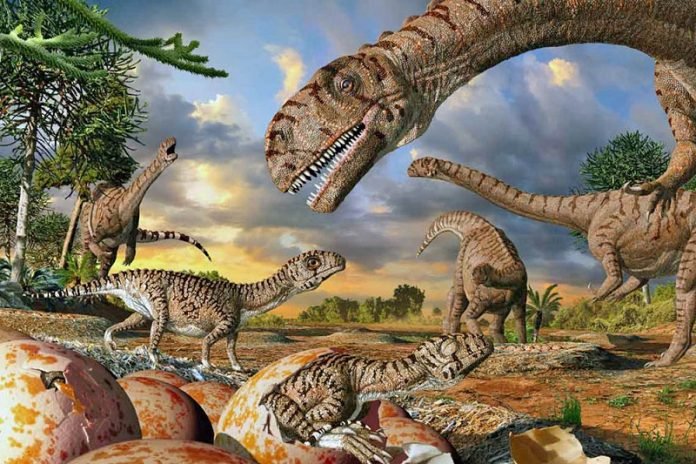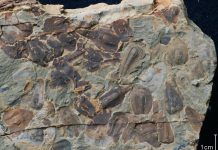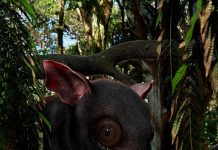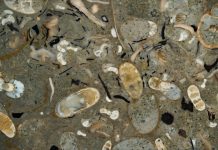
In a study of the world’s earliest known dinosaur eggs, scientists find new information about the evolution of dinosaur reproduction.
The study was led by researchers at the University of Toronto Mississauga.
The team studied the fossilized remains of eggs and eggshells discovered at sites in Argentina, China, and South Africa.
At 195 million years old, these eggs are the earliest known eggs in the fossil record.
They were all laid by a group of stem sauropods, which were long-necked herbivores that ranged in size from four to eight meters in length and were the most common and widely spread dinosaurs of their time.
Previous studies have found that reptile and mammal precursors appear as skeletons in the fossil record starting 316 million years ago.
However, scientists knew nothing of their eggs and eggshells until 120 million years later.
The team suggests it’s a great mystery that eggs suddenly show up at this point, but not earlier.
According to the team, the eggs represent a significant step in the evolution of dinosaur reproduction.
In the current study, the dinosaur eggs were spherical, and about the size of a goose egg. The dinosaur eggshells were paper-thin and brittle, much thinner than similar-sized eggs of living birds.
The researchers analyzed shell thickness, membrane, mineral content and distribution of pores. They looked for clues about why these early eggs might have developed hard shells.
The found that hard-shelled eggs evolved early in dinosaur evolution with thickening occurring independently in several groups.
However, a few million years later other reptiles also developed hard-shelled eggs.
The researchers explain that hard and eventually thicker shells may have evolved to protect fetal dinosaurs and other reptiles from predators.
The study finding raises interesting questions for future research.
Scientists will try to understand why dinosaurs and their avian descendants never developed live birth and continued to rely on egg laying.
The leader of the study is Robert Reisz from the Department of Biology. Koen Stein, a post-doctoral researcher at Universiteit Gent, is the lead author of the project.
The study is published in the journal Scientific Reports.
Copyright © 2019 Knowridge Science Report. All rights reserved.



